Industrial Valves: A Comprehensive Guide to Types and Applications
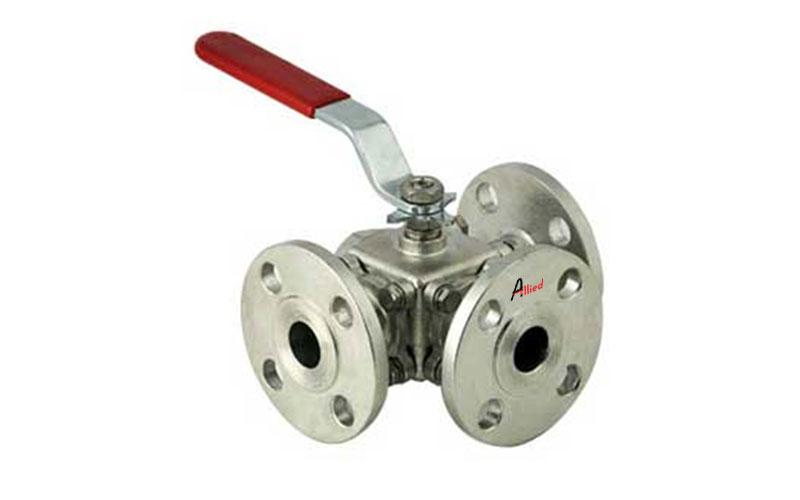
Industrial valves play a critical role in regulating, directing, and controlling the flow of fluids, gases, and slurries across a wide range of industries. From oil and gas to manufacturing, water treatment, and beyond, valves are indispensable components that ensure the safe and efficient operation of complex systems. This article provides a comprehensive overview of the different types of industrial valves and their applications, shedding light on how they help streamline various industrial processes.
Understanding Industrial Valves
Industrial valves are mechanical devices designed to control the flow of liquids and gases through a pipeline. Their primary function is to either stop, allow, or regulate the flow of fluids, depending on the requirements of the system. Valves are widely used in industries such as petrochemicals, pharmaceuticals, food and beverages, water supply, and power generation. Selecting the right valve for an application is crucial, as improper valve selection can lead to inefficiencies or even catastrophic system failures.
In places like Ahmedabad, where industrial growth is booming, the demand for high-quality valves is on the rise. A reliable valve manufacturer in Ahmedabad can offer a wide range of valve solutions for industries operating locally and globally.
Types of Industrial Valves
There are many different types of industrial valves, each with its own unique features and suitable applications. Below are some of the most common types:
Ball Valves
Ball valves are among the most widely used valves in industrial applications. They have a spherical closure unit (ball) with a hole in the middle that allows or restricts the flow of fluid. When the valve is open, the hole is aligned with the pipe, allowing fluid to pass through. The ball rotates 90 degrees when the valve is closed, blocking the flow.
Ball valves are known for their excellent sealing properties and are used in applications where a tight shut-off is critical. These valves are ideal for industries dealing with gases and liquids under high pressure and temperature.
Gate Valves
Gate valves operate by lifting a gate or wedge out of the fluid path to allow the flow. They are commonly used in applications where the valve needs to be either fully open or fully closed, as they are not ideal for throttling purposes. Gate valves are preferred for systems that involve the transportation of viscous fluids such as oil and gas.
Because of their relatively simple design, gate valves are durable and reliable, making them a staple in industries like water supply, chemical processing, and power generation.
Butterfly Valves
Butterfly valves are lightweight and compact, making them an excellent choice for large-diameter pipes. A disc rotates around a central axis. When the valve is fully open, the disc is rotated parallel to the flow, minimizing resistance. When closed, the disc is perpendicular to the flow, creating a seal.
These valves are often used in industries like water treatment, food and beverage processing, and HVAC systems, where the ability to control flow with minimal pressure drop is important.
Globe Valves
Globe valves are designed for throttling purposes. The valve has a movable disc (the plug) and a stationary ring seat in a generally spherical body. The plug can be screwed into or out of the seat, regulating the flow of fluid.
Globe valves are known for their precision in controlling flow and are commonly used in industries where throttling of flow is essential, such as in chemical plants and oil refineries.
Check Valves
One-way check valves allow fluid to flow only in one direction. They prevent backflow, which can cause contamination, system failure, or damage to other equipment. Check valves do not require manual operation; they automatically activate when the pressure in the line changes.
They are widely used in water treatment plants, chemical industries, and pumping systems where backflow prevention is crucial.
Diaphragm Valves
Diaphragm valves use a flexible diaphragm that presses against a seat to stop or allow fluid flow. These valves are particularly useful in industries that require the handling of corrosive fluids or slurries. The internal design of diaphragm valves minimizes the chances of contamination, making them ideal for pharmaceutical and food processing applications.
Plug Valves
Plug valves operate similarly to ball valves but use a cylindrical or conically shaped plug instead of a ball. The plug has one or more hollow passages that allow fluid to pass when the valve is open. These valves are simple in design, have a low-pressure drop, and are easy to operate.
Plug valves are commonly found in industries that handle aggressive chemicals, as they provide excellent shutoff capabilities in corrosive environments.
Applications of Industrial Valves
Each type of valve is designed for specific applications, depending on the nature of the fluid, pressure, temperature, and the degree of flow control required. Below are some common applications across industries:
Oil and Gas: Valves are essential for controlling the flow of oil, gas, and other hydrocarbons throughout pipelines and refineries. High-performance valves such as ball valves, gate valves, and check valves are used extensively in this sector.
Water Treatment: Industrial valves like butterfly valves and globe valves play a critical role in managing water flow in treatment plants. They help regulate the distribution of clean water while preventing contamination.
Power Generation: Power plants, especially those relying on steam, need precise flow control. Valves like gate valves and diaphragm valves help control steam flow and prevent system failures.
Chemical Processing: Valves used in chemical plants must withstand highly corrosive fluids. Diaphragm valves and plug valves are commonly used in these environments because of their resistance to chemical attack.
Food and Beverage: Hygiene is a top priority in this industry, making diaphragm valves the go-to choice. These valves are easy to clean and help prevent contamination of food and beverages during production.
In cities like Ahmedabad, where industrial growth is on the rise, local manufacturers are producing various types of valves to meet the increasing demands of multiple industries. A trusted valve manufacturer in Ahmedabad can cater to the needs of diverse sectors, offering tailored solutions for different applications.
Conclusion
Industrial valves are the backbone of many industrial processes, ensuring the safe and efficient flow of fluids and gases. The right valve selection is crucial for the optimal performance of a system, making it essential for industries to work with reliable manufacturers. Whether it's ball valves, gate valves, or butterfly valves, each type has its unique application that can make or break the efficiency of an industrial process.
Given the growing industrial activity in places like Ahmedabad, finding a dependable valve manufacturer in Ahmedabad can provide industries with high-quality valves tailored to their specific needs. As technology continues to evolve, so too will the demand for more specialized and efficient valve solutions across the globe.


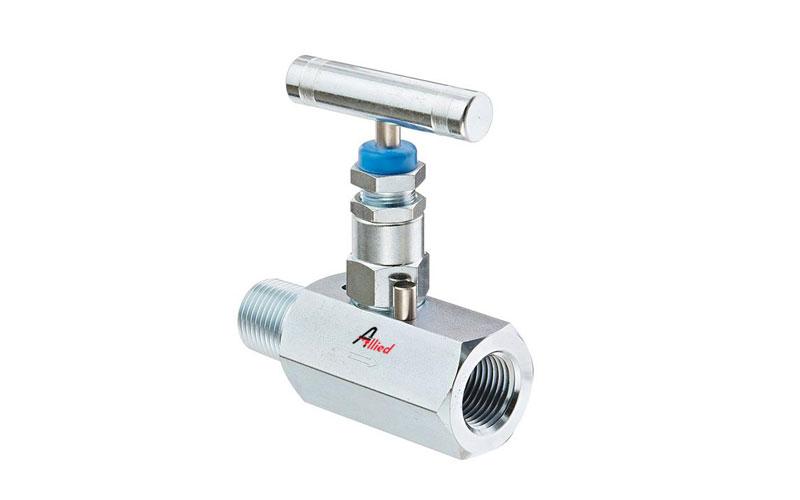



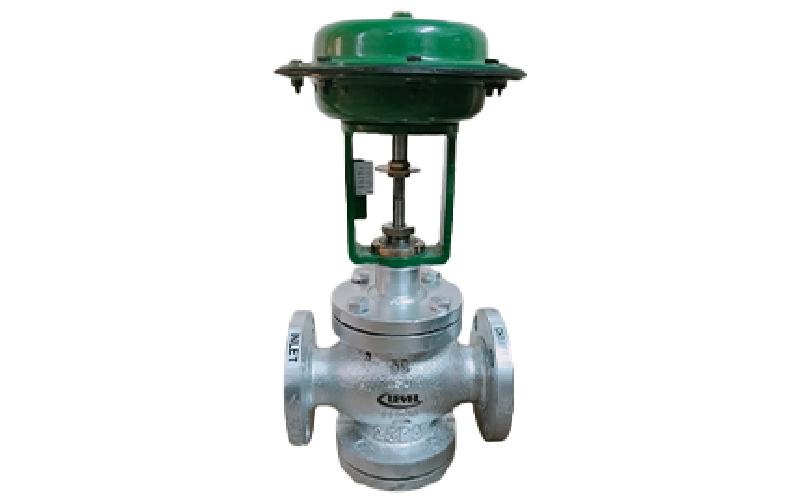
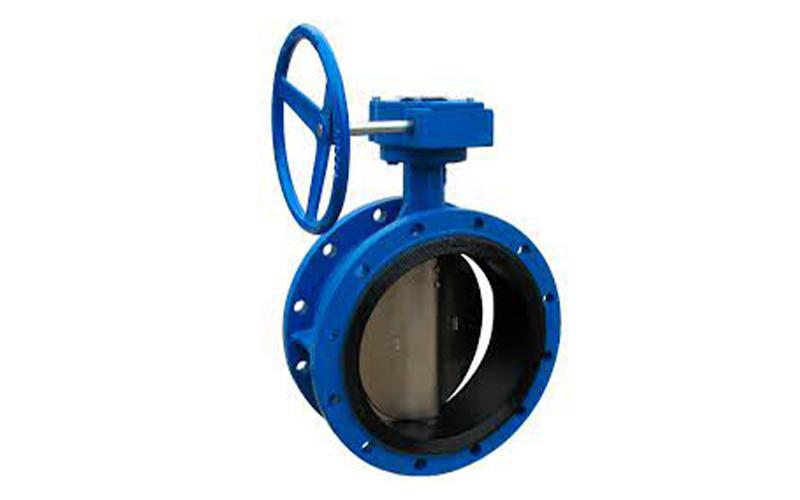
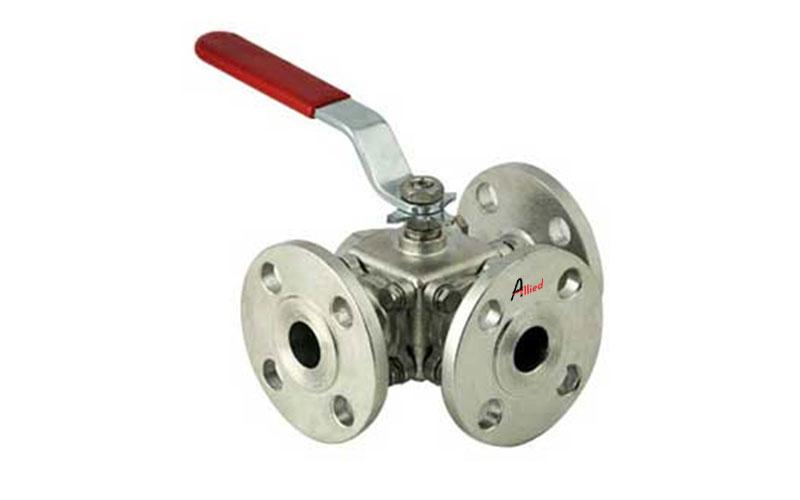
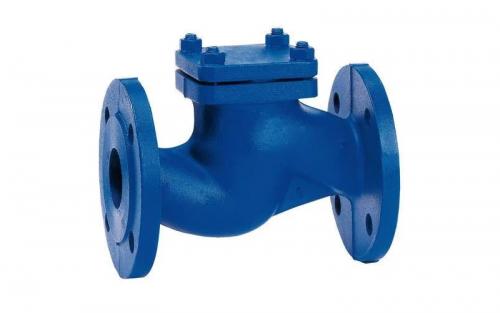
Comments (1)
Carolina Johnson
9
Marketing Specialist
It's a very good good guide to understand the Industrial Valves